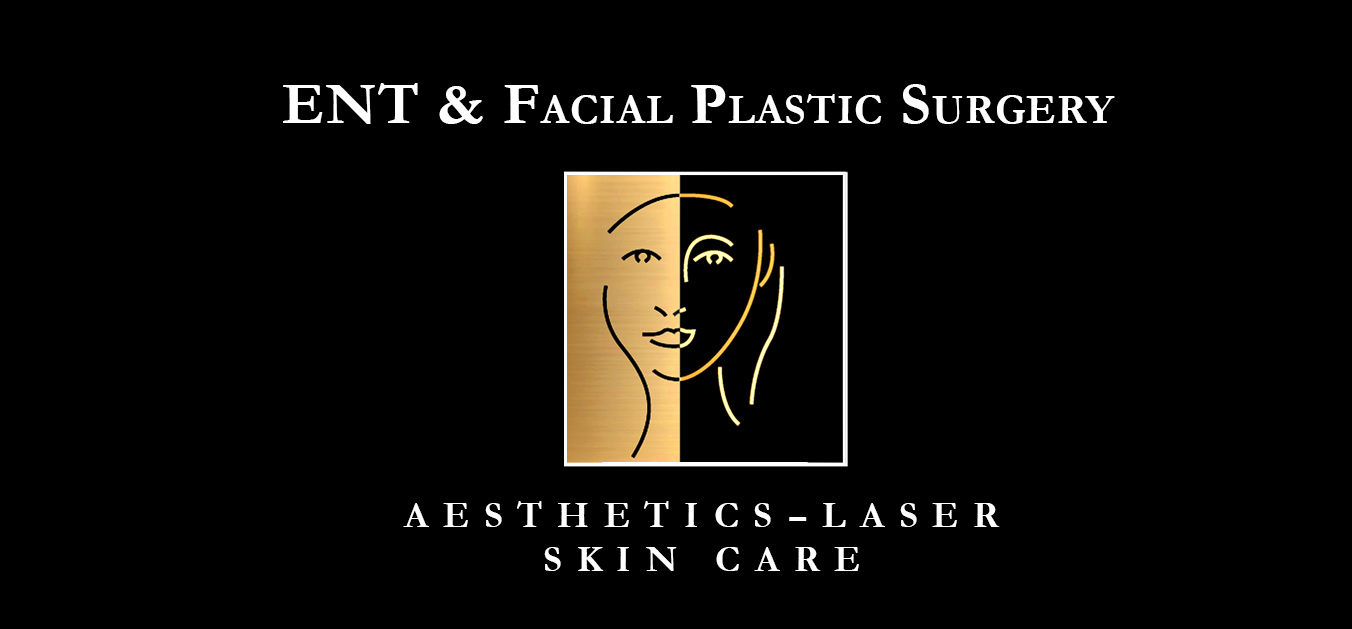Skin Cancer Treatment in our McLean Virginia Office
Over a million people are diagnosed with skin cancer, or melanoma, each year. Dr. Dreyfuss treats skin cancers of the head and neck. There are three main types of skin cancer which are commonly treated: Basal Cell Carcinoma, Squamous Cell Carcinoma, Melanoma. In addition to treating these diagnoses, Dr. Dreyfuss also has experience treating the less common skin cancers including: Merkel Cell Carcinoma, Atypical Fibroxanthoma, Dermatofibrosarcoma protuberans, and others. He performs sentinel lymph node biopsies when appropriate. When treating aggressive lesions or pathology, he works closely with the INOVA Melanoma and Skin Care Center. Here he reviews the cases with dermatologists,Radiation Oncologists, Medical Oncologists, dermatopathologists as well as other surgeons. He is on staff at both INOVA Fairfax and INOVA Fair Oaks Hospitals and the Reston Surgery Center. He is also able to treat appropriate lesions in the office.
The risk factors are many. However the major ones include:
- Light color skin
- If you have lightly colored hair (naturally of course)
- Lightly colored eyes
- You freckle easily
- If you received radiation treatments for acne
- If you live at higher altitudes and get sunshine all year round
- You work requires you to be outdoors all the time
- You have family history of skin cancer
- You have a high number of moles that are unusual shape/size.
The most likely culprit is ultraviolet radiation exposure. This typically occurs by exposing your skin to the sun or via artificial exposure such as sunlamps and tanning salons. Although some are at higher risk for skin cancer, anyone can get skin cancer.
- If you plan to be out in the sun for a long time, wear long sleeves and a hat. Preferably a hat with a wide brim.
- Avoid being out in the sun as much as possible, but especially between 10 a.m. and 2 p.m.
- Use an SPF of at least 15 when out in the sun.
- Perform self examination as frequently as possible. If you suspect anything, request an appointment with our physicians. Our McLean office is staffed with both plastic surgeons that can remove the lesion surgery or physicians that can guide you in the appropriate treatment.
